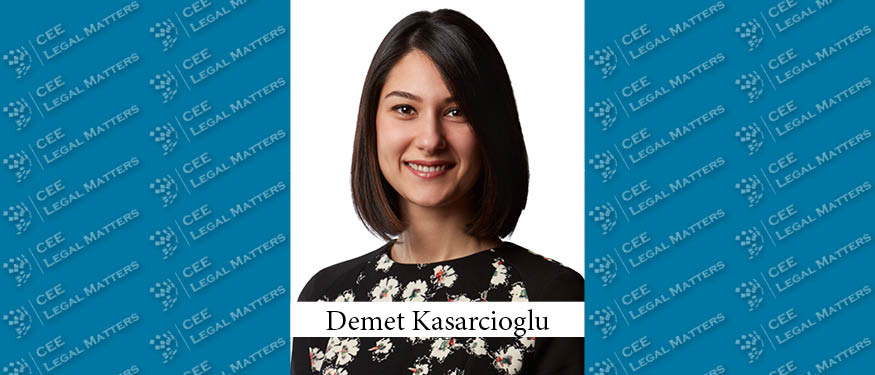As the country quickly approaches the end of another election cycle, there appears to be an increase in litigation proceedings in Turkey – at least when it comes to the M&A and construction sectors – according to Esin Attorney Partnership Partner Demet Kasarcioglu.
“It’s been pretty busy lately,” Kasarcioglu begins. With elections just around the corner in Turkey, it would be expected for businesses to be slowing down but, quite to the contrary, Kasarcioglu reports that there is “activity across the board, which is very good and, additionally, spells good things for incoming work after the election cycle ends.”
Kasarcioglu says that litigation, especially commercial litigation and white-collar crime, is on the up. “We have seen quite some activity in this area, especially in terms of the M&A and construction sectors for commercial cases,” she says. “The Turkish construction sector, overall, does not have the requisite resources, it would appear at least for now, to lead to a massive escalation of disputes to official legal platforms in this area, but we are weary of the fact that there might be an uptick soon.”
On the other hand, Kasarcioglu says the M&A sector is quite litigious. “Given the recent economic turmoil that the world found itself in, as well as the upcoming elections, we have seen a lot of disputes, settlements, but also transactions taking place.” According to her, following the end of the election cycle, there might be more disputes incoming, depending on the overall economic status of the country.
“Not to mention that, consequently, there might be some impact on the work of judges themselves,” Kasarcioglu says. “A first instance commercial case can take up to three years, to begin with, which only goes up to around five years in the best case but can be more than ten years for extreme cases for the proper finalization of matters – which is why most parties turn to arbitration as it is much quicker. This means that we might see an increase in arbitration proceedings that would, then, lead to a lower number of cases being tried before regular courts – thus lowering the burden on judges.”
Focusing on the drivers behind such strong dispute levels, Kasarcioglu first mentions inflation. “The inflation rising has led to a big hit for the construction industry, with construction materials becoming more expensive. Coupled with the war in Ukraine and actual shortages in these materials, the prices have skyrocketed, which placed a lot of pressure on the sector and all of its adjacent areas,” she explains.
As for M&A disputes, it appears that the root cause is a much more familiar one – breaches of representations and warranties. “Based on our experience, almost 40% of M&A disputes come about following a breach of representation and warranties, with some 20% caused by price adjustments,” she continues. “These lead to shareholders choosing to exercise their options, in turn leading to positions in which corporate management principles might be breached,” she points out, “which then has a domino effect – inciting disputes between a wide plethora of parties on all levels.”
Seeing this, Kasarcioglu concludes “it is prudent to always remember that – when it comes to shareholder friction – dispute management and settlement is key in mitigating unnecessary lengthy legal proceedings and their related costs.”






















